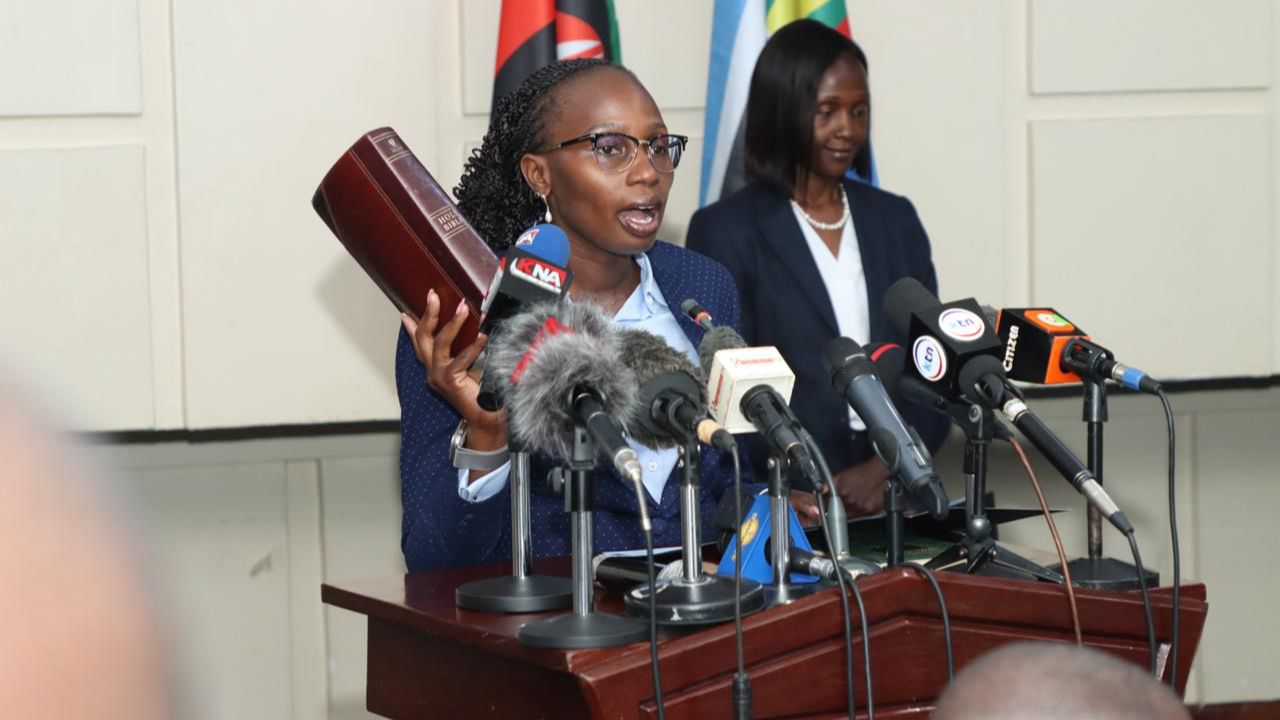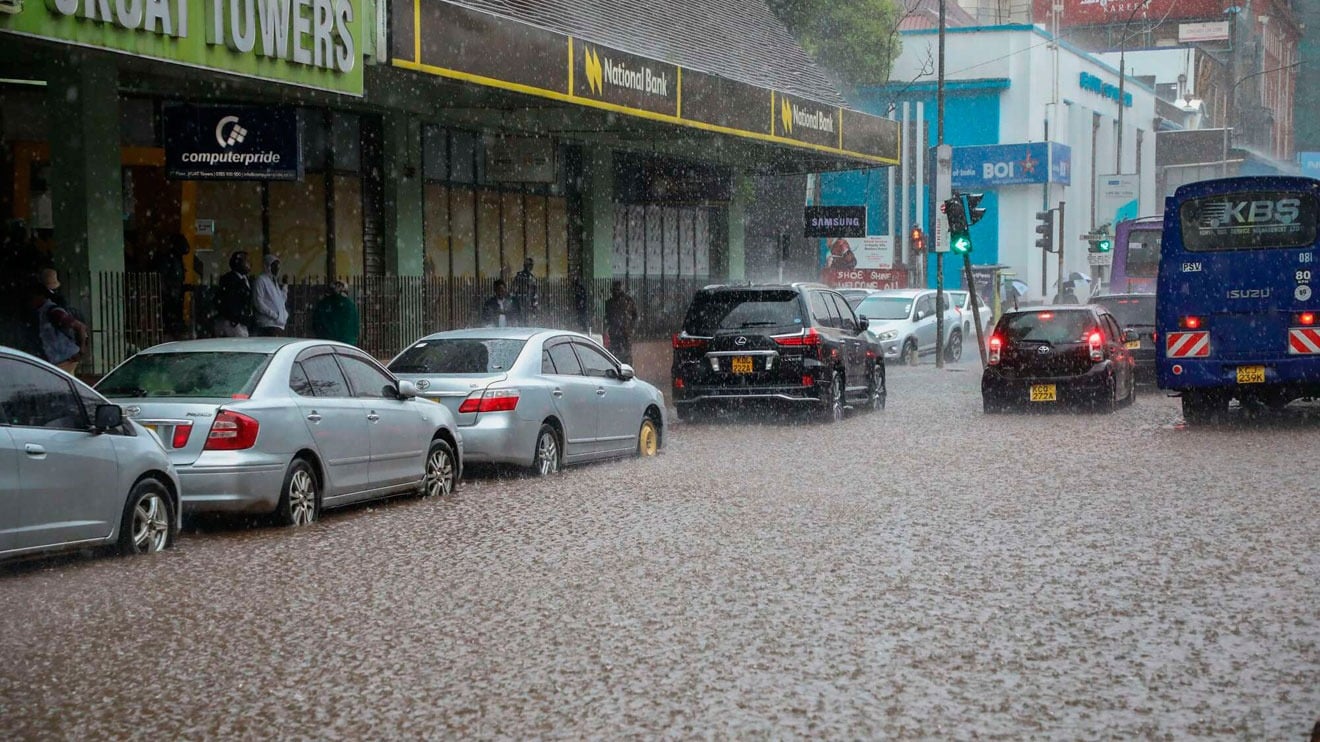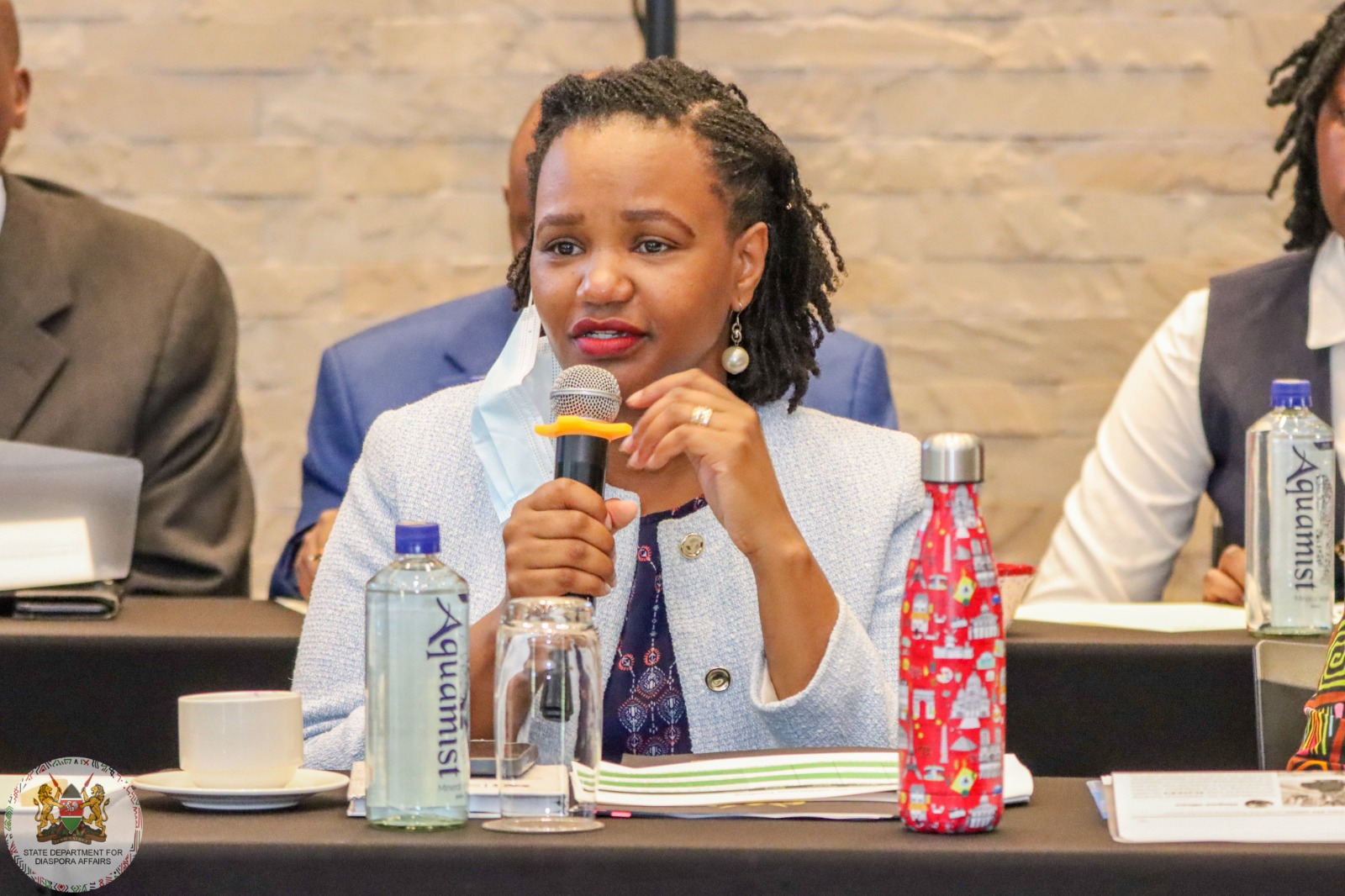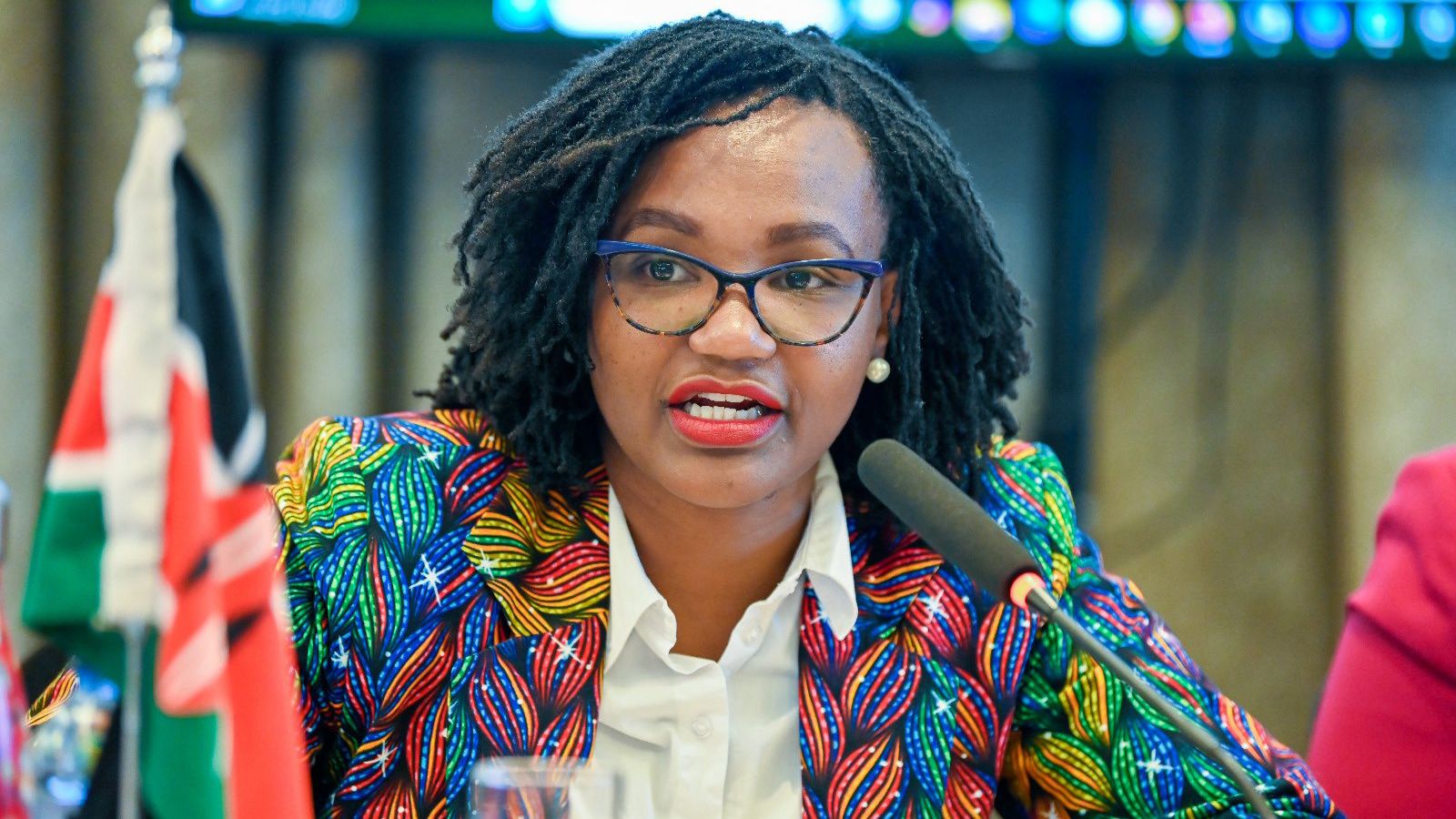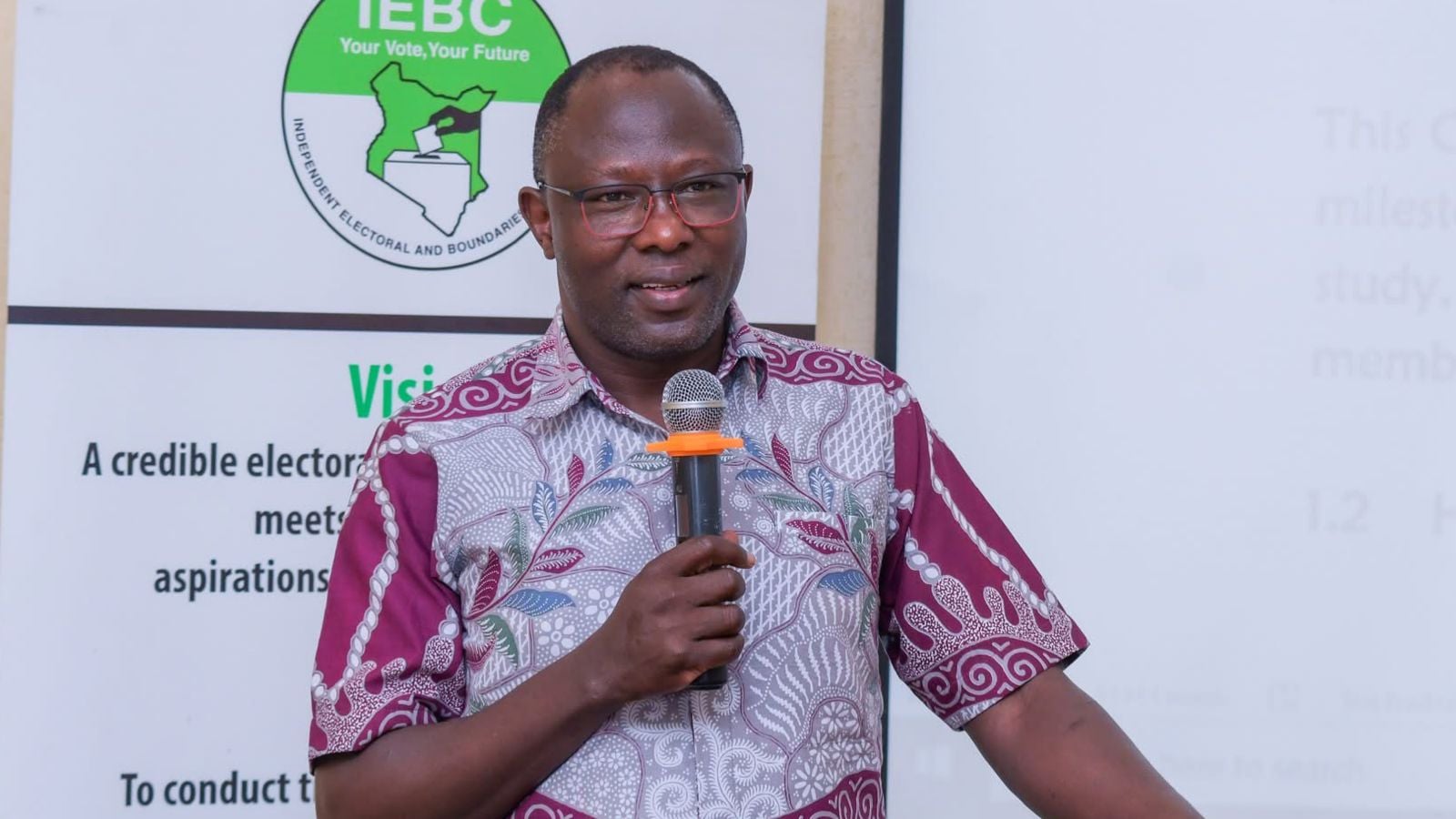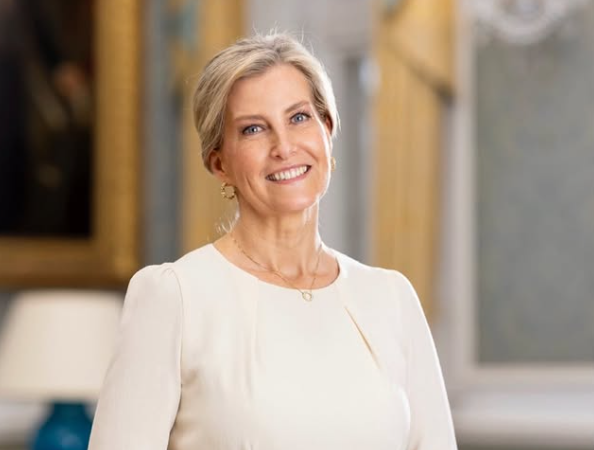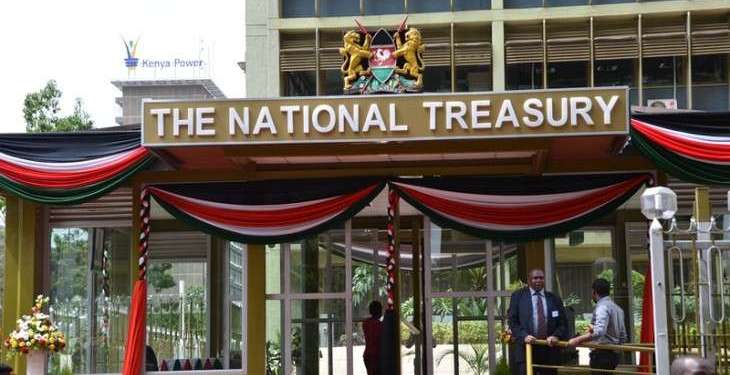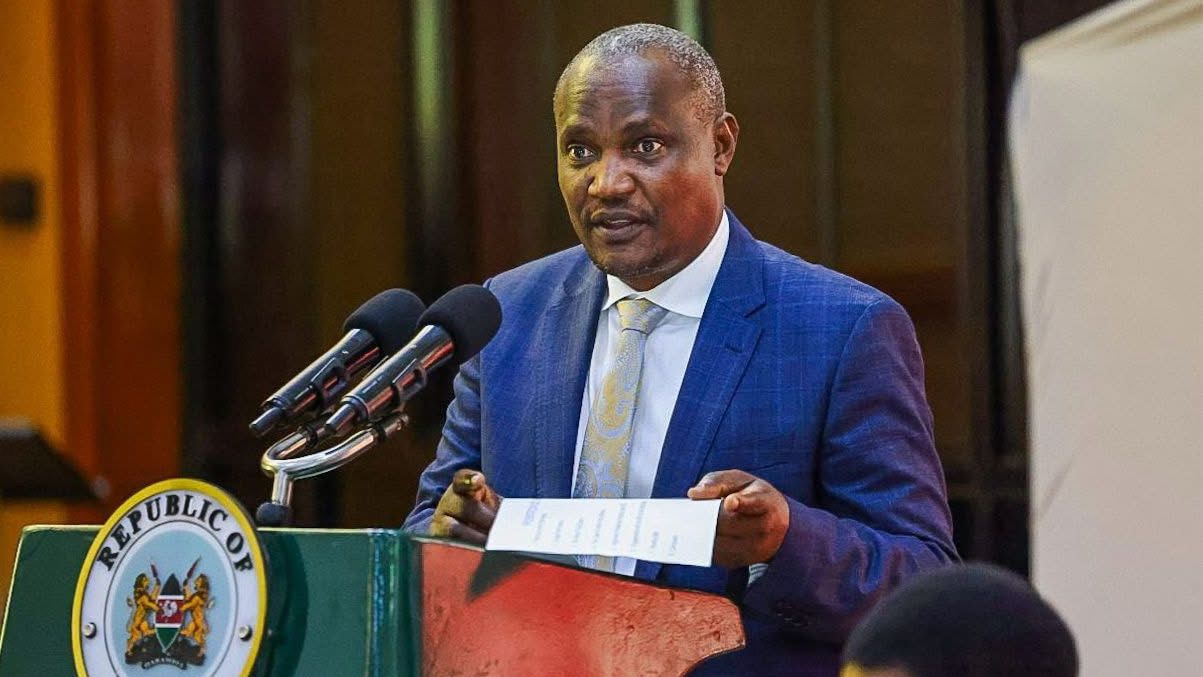Law Society of Kenya (LSK) President Faith Odhiambo has defended her decision to accept President William Ruto’s appointment as Vice Chair for the Framework for the Reparation and Compensation of Victims of Demonstrations, Public Protests, and Riots.
Speaking shortly after being sworn in on Thursday, September 4, Odhiambo said she has not abandoned her principals or trust placed in her by taking up the role.
"As I take up this responsibility, let it be known that I have in no way betrayed your trust. Let it be clear that access to criminal justice remains critical to me in our quest to promote and protect the rule of law as an essential element in the enjoyment of the fundamental human rights and freedoms," she said.
Odhiambo declared that she would not let victims down and promised to remain firm in her pursuit of justice.
"Faith Odhiambo will not to let you down! The bloodshed by our comrades must not be in vain. No, I will not even take any prisoners in this cause. I will instead, keep you informed of the developments and at no point will l act to negate the gains that we have made together as a country," she added.
Read More
Odhiambo acknowledged that her decision was unpopular; however, she insisted that she was also considerate of the voices of victims’ families who continue to grieve.
"I have today chosen a bold but unpopular step, some of my colleagues in the legal profession may not like this move and for sure, thousands of Kenyans have voiced their reservations.
"I have heard your cries and listened to your concerns; in the same vein I have heard the cries of the victims' families like Mama Angeline Okinda in Bondo. The pain shared by Jonah Kariuki, Mama Gillian Munyao and many other parents whose sons and daughters have fallen in the hands of Kenya Police officers," she further said.
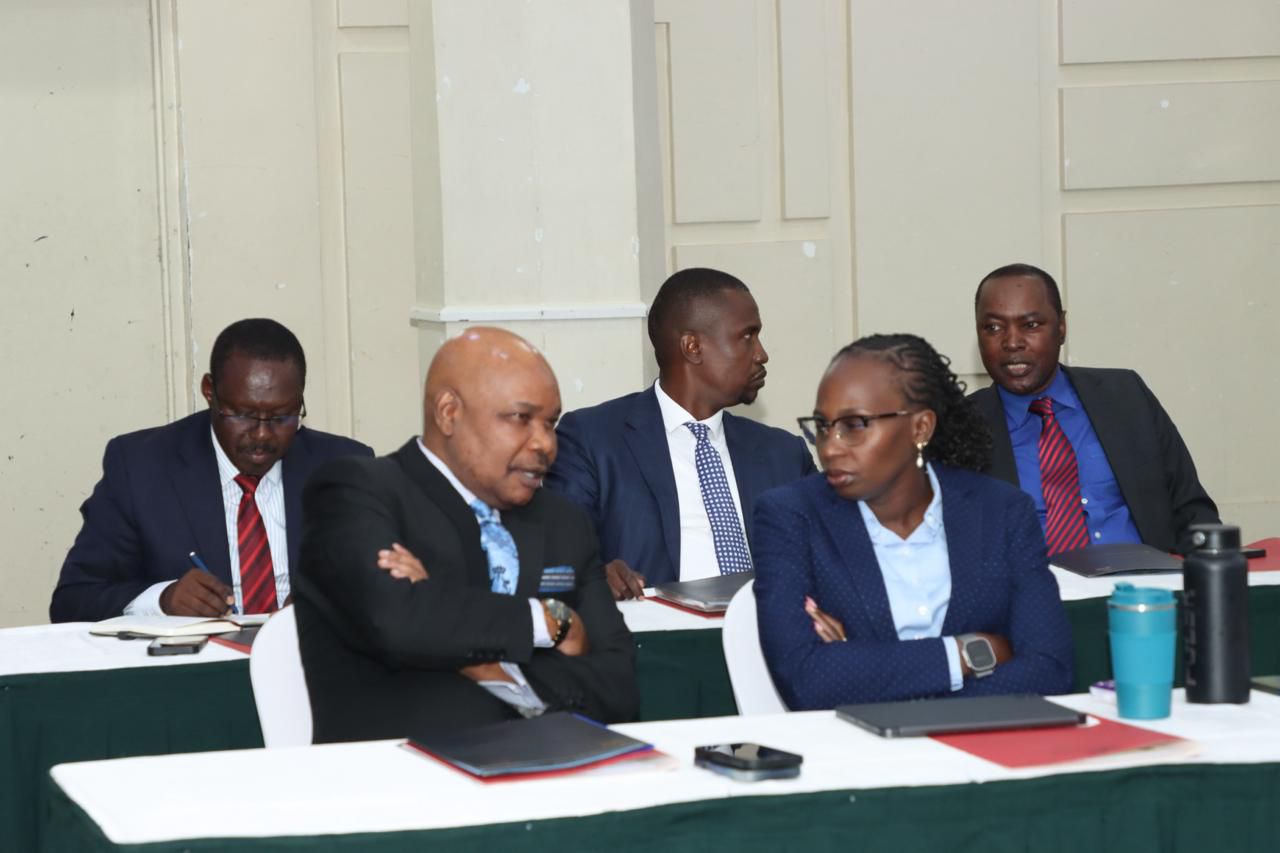
Odhiambo pointed to ongoing cases of police killings that remain unresolved, noting that while the public debates her decision, victims’ families continue to suffer.
"As we keep arguing on what Faith Odhiambo should decline or accept, Joseph Oloo Abanja and Lensa Achieng are still raw with emotions while the Judicial system drags it feet on the case against Kenya Police officers who killed their baby daughter during a brutal midnight operation in Nyalenda, Kisumu," she remarked.
Odhiambo described the mandate as one that could ensure victims’ voices are at the centre of justice and reforms.
"The Panel of Experts that I join today, bears both the duty and opportunity to spearhead a revolutionary shift in victim reparations. Never again shall Kenyans be killed by trigger hungry officers for expressing their rights on the streets. The unprecedented structure and scope of mandate of this Panel gives room for a victim-led, accountability-centred approach towards realising holistic justice for victims.
"Let us serve the nation diligently: fellow panelists, we must discharge our duty as voices of justice, reparation, reforms and non-occurrence. In this exercise, my service will be solely to the people of Kenya," she concluded.
Odhiambo was appointed to the Panel as the Vice Chair alongside Kennedy Ogeto, John Olukuru, Rev. Kennedy Barasa Simiyu, Linda Musumba, and Duncan Ojwang’ who will serve as members.
Other members are Naini Lankas, Francis Muraya, Juliet Chepkemei, Pius Metto, Fatuma Kinsi Abass, Irungu Houghton and Raphael Anampiu.
Richard Barno will serve as the Technical Lead, assisted by Co-Technical Lead Duncan Okelo Ndeda.
The Panel will also have two Joint Secretaries, Jerusah Mwaathime and Raphael Ng’etich, and it will be spearheaded by Professor Makau Mutua who assumes the role of Chairperson.
The team has been tasked with developing and implementing an operational framework to verify, categorize, and compensate eligible victims of protests, demonstrations, and riots.
It will also engage widely with stakeholders, including families of victims, state agencies mandated to address human rights concerns, civil society groups, and religious institutions, to ensure fairness and inclusivity in the compensation process.
In addition, the panel will authenticate data on victims from authoritative sources such as the Independent Policing Oversight Authority (IPOA), the Kenya National Commission on Human Rights (KNCHR), the National Police Service, the Ministry of Health, and civil society organizations.
Where evidence warrants, it may also recommend reparations, prosecutions, or other accountability measures to the Office of the Director of Public Prosecutions and other relevant oversight institutions.
The Panel is further expected to propose legislative and institutional reforms that will address issues surrounding protests and the culture of policing in Kenya.
In addition, it will prepare and submit periodic progress reports as well as a final report to the President upon completion of its work.
